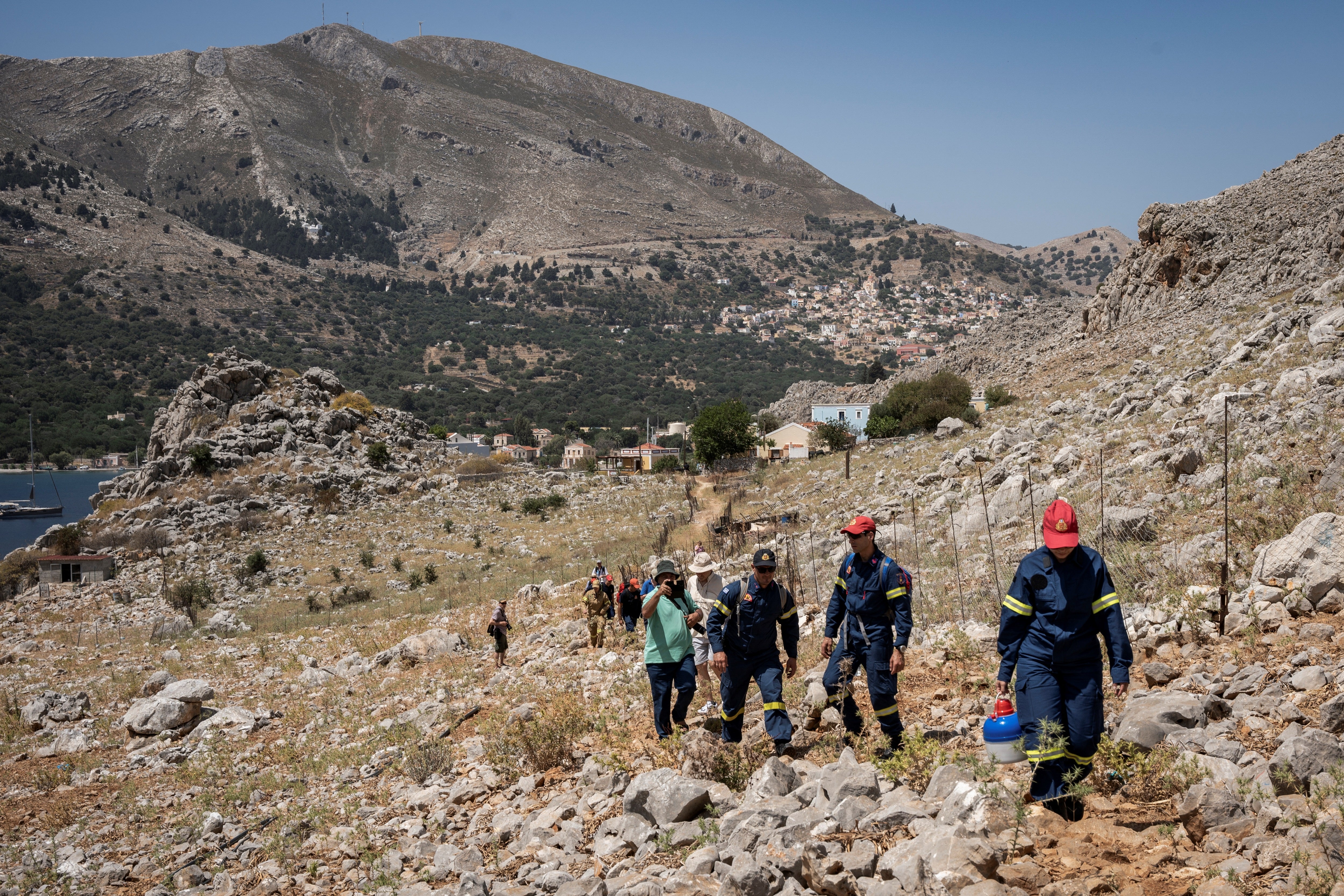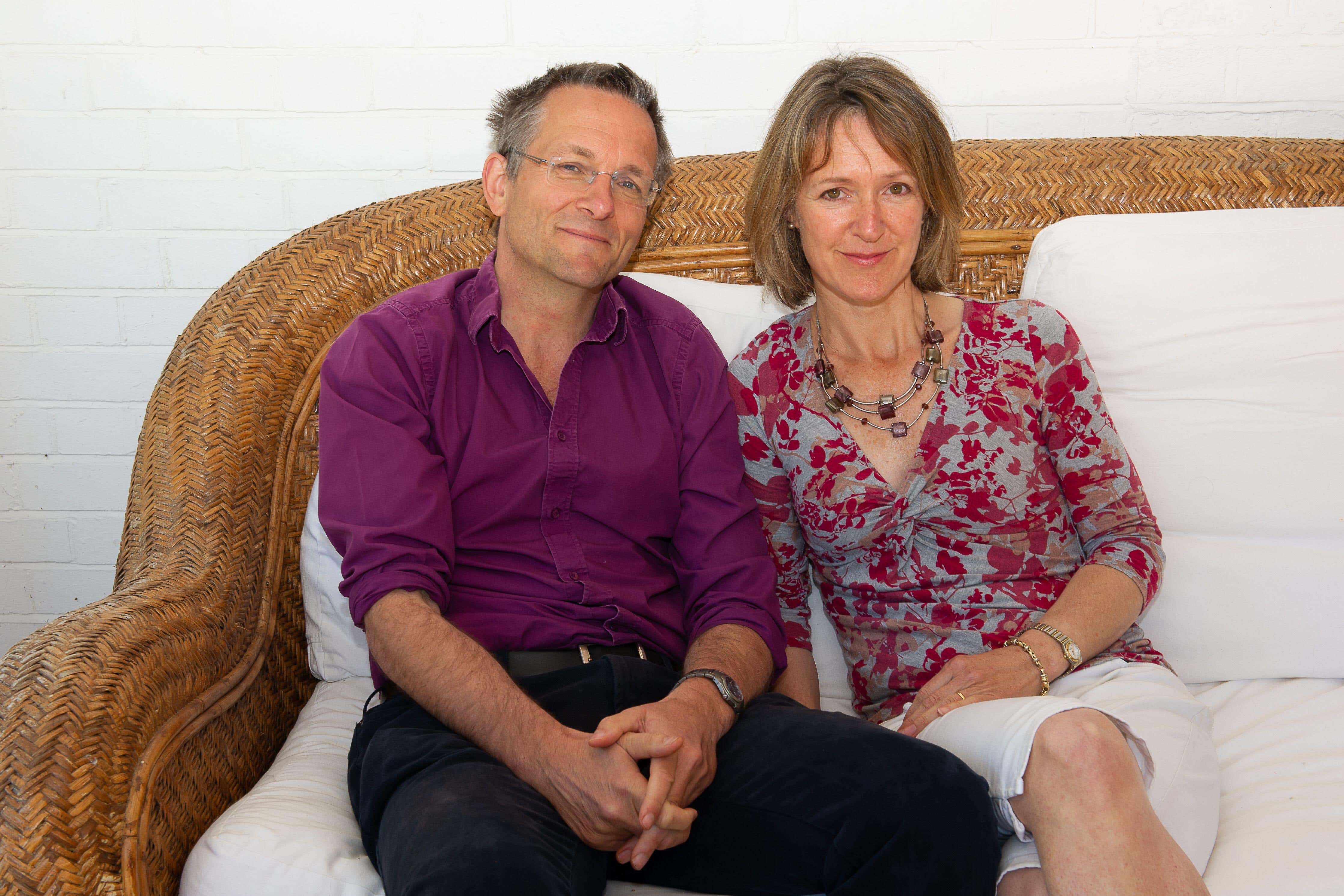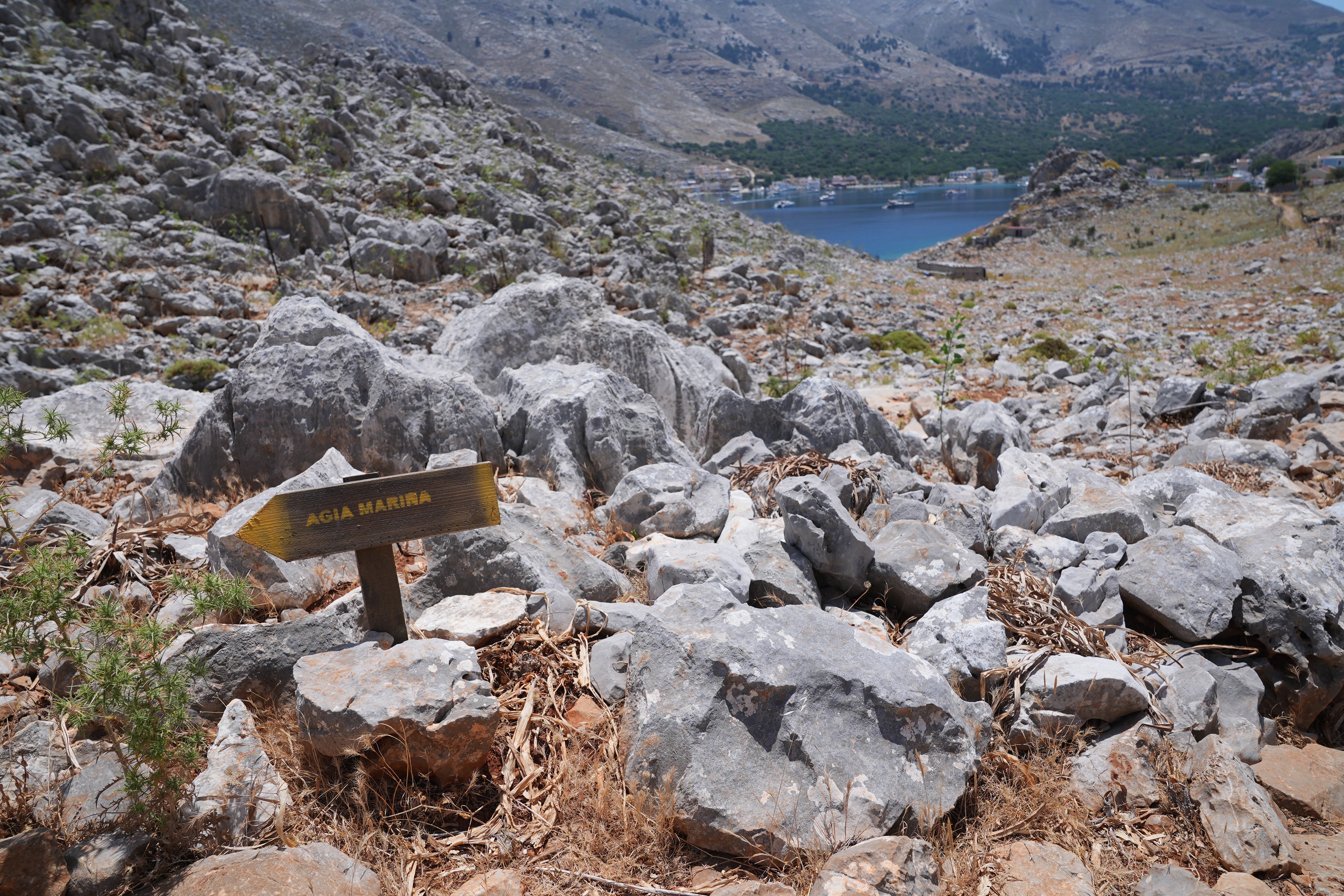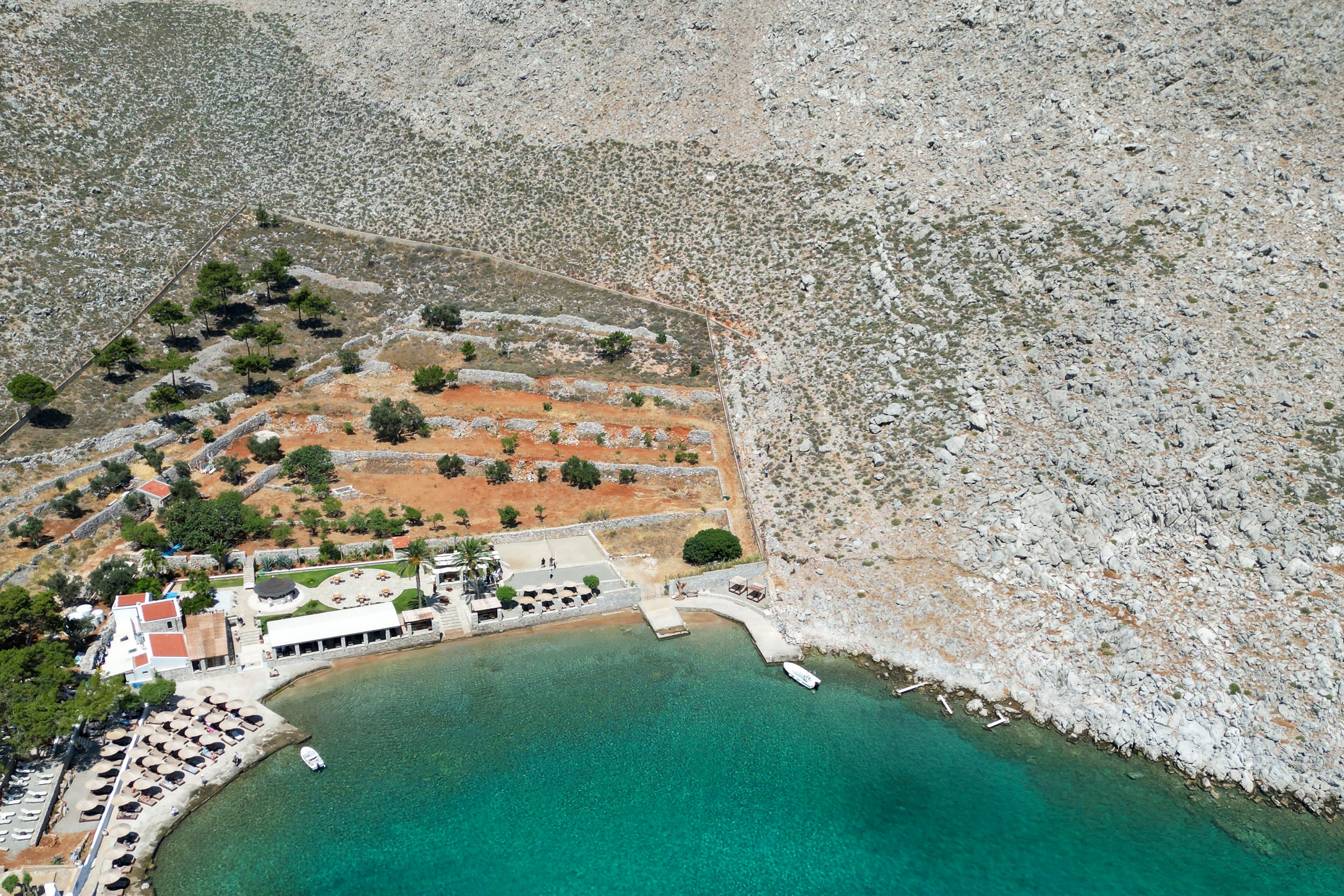Michael Mosley’s cause of death revealed after This Morning star’s tragic Greek island fall
The TV doctor and nutritionist, 67, was found dead on Greek island of Symi after a four-day rescue operation
Your support helps us to tell the story
From reproductive rights to climate change to Big Tech, The Independent is on the ground when the story is developing. Whether it's investigating the financials of Elon Musk's pro-Trump PAC or producing our latest documentary, 'The A Word', which shines a light on the American women fighting for reproductive rights, we know how important it is to parse out the facts from the messaging.
At such a critical moment in US history, we need reporters on the ground. Your donation allows us to keep sending journalists to speak to both sides of the story.
The Independent is trusted by Americans across the entire political spectrum. And unlike many other quality news outlets, we choose not to lock Americans out of our reporting and analysis with paywalls. We believe quality journalism should be available to everyone, paid for by those who can afford it.
Your support makes all the difference.Dr Michael Mosley probably died of heatstroke, a coroner has concluded.
The television doctor, who died after going missing while walking on a Greek island this summer, had “intentionally” left his mobile phone behind, an inquest heard.
On Friday, a coroner recorded an open conclusion and said the cause of 67-year-old Mosley’s death was “unascertainable” and “indeterminate.”
However, senior coroner for Buckinghamshire Crispin Butler, ruled out homicide, suicide and accidental injuries.
In June, a search for the broadcaster and columnist was launched on Symi, part of the Dodecanese island chain, by emergency services, and his body was found four days later.
Senior coroner for Buckinghamshire, Crispin Butler, said Dr Mosley’s death was “indeterminate” and “unascertainable”, adding that it “was most likely attributable either to heatstroke (accidental) or non-identified pathological cause”.
In written findings, Mr Butler said Dr Mosley’s death was not found to be as a result of homicide, suicide, or an accident related to injuries, adding there had been a high temperature during the time he died.

Recording the open conclusion, Mr Butler wrote: “Michael Mosley collapsed and died on the 5th of June 2024 in a rocky area near Agia Marina Beach, Symi, Dodecanese, Greece.
He added: “No medical cause of death could be ascertained, meaning Michael’s death may have been due to a medical event or as a result of a non-traumatic accident.”
A document from the coroner confirms details of Dr Mosley’s final days and hours, which he spent with his wife and friends they were staying with on the island.

The coroner confirmed that on the day he died, the group had arrived at Pedi Beach in the late morning, with Dr Mosley intentionally leaving his phone at their accommodation to prevent it getting wet on the ferry.
“Later in the afternoon Michael decided he was going to walk back home rather than take the ferry. He had his rucksack, one litre of water and a biscuit, and had a hat and umbrella.

“Michael was described as looking energetic and cheerful as he set off,” the findings document said.
He was seen on CCTV in the village of Pedi 30 minutes later, shortly before entering a treacherous mountain path.

After extensive searches involving helicopters, dogs and drones, Dr Mosley’s body was eventually discovered after being spotted by television cameras from a boat carrying the island’s mayor.
His body was found just metres from the shoreline, by the perimeter fence separating the Agia Marina resort from the surrounding wilderness, in an area said to have been searched many times in recent days, situated near a network of tunnels known locally as “The Abyss”.

Dr Mosley was known for popularising the 5:2 diet, a form of intermittent fasting, through his book The Fast Diet, as well as his documentaries on the BBC.
In July, the broadcaster honoured the doctor-turned-science broadcaster with a day dedicated to him, when presenters and audiences where encouraged to do “just one thing” to improve their wellbeing.
Dr Mosley became known for being willing to put his own body on the line for experiments within his shows, including eating a black pudding made with his own blood, injecting snake venom to see how his blood clotted, as well as swallowing magic mushrooms, internal cameras and tapeworms.

Join our commenting forum
Join thought-provoking conversations, follow other Independent readers and see their replies
Comments